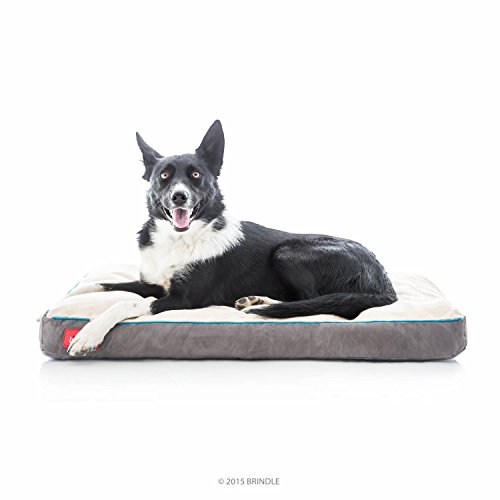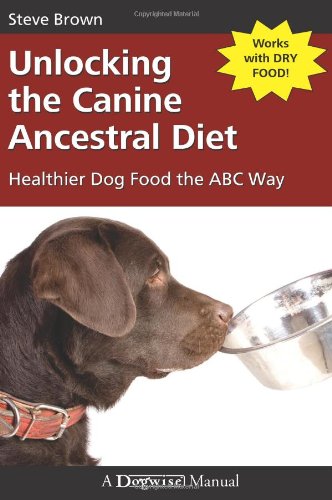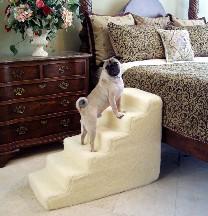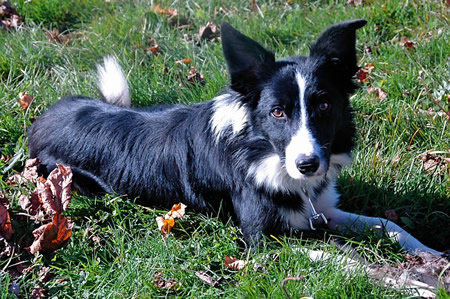
 Puppy biting could be thought of as a regular habit they inherit, as this is one of the first learned behaviors they have with their siblings during play, and of course, when deciding who will win the toy.
Biting is a common behavioral problem for puppies because the act of chewing is a normal and instinctual habit, and young dogs use their mouths as a means to explore their new surroundings.[1]
Puppy biting could be thought of as a regular habit they inherit, as this is one of the first learned behaviors they have with their siblings during play, and of course, when deciding who will win the toy.
Biting is a common behavioral problem for puppies because the act of chewing is a normal and instinctual habit, and young dogs use their mouths as a means to explore their new surroundings.[1]
Knowing this fact makes it imperative to control the puppy's instinct before it becomes dangerous.
However, every puppy owner must constantly remember that as their pet begins to age, this habit might present a major danger to themselves and others. While it may be thought of as adorable while they are young puppies, as they mature, it is not so adorable any longer. When still in the puppy phase to alter their biting habits, owners ought to begin teaching them that this is inappropriate.
Throughout the very early puppy phase, biting is discouraged from the mommy, as well as others in the pack. This is also the time when the puppy being trained must be permitted to play with other young puppies. Frequently, when there is one extremely aggressive pup, the other young puppies in the litter will certainly get after the rough one. At a very young age their litter-mates will be the ones to initiate this contact.

Until your puppy has been fully immunized, I would not recommend socialization with puppies other than their siblings.
The puppy owner can begin training for biting habits early on while the young pup is at least 4 to 6 weeks old. This is usually something that a breeder will do prior to relinquishing the puppies, which is usually at 8 weeks of age. [2]
These pointers will certainly provide an early benefit to you the new pet parent.
When they bite you, follow the tips provided, and you will be on your way to stopping this unwanted behavior.

In Summary
During this biting phase, the puppy being trained needs to be permitted to play with some other young puppies. This will begin to teach social manners. Commonly when there is one extremely aggressive one in the pack, all the other young puppies will certainly get after the rough one, this generally happens when they are still with their litter-mates. The owner should let the puppy understand that it injures them when they bite. If he or she bites once more, the spoken response “OUCH” ought to be duplicated, and at this time the pet parent should walk away. As the pet ages and grows into a adult dog, he or she will certainly require plenty of routine workouts, such as walking, appropriate play time, and general physical activity.
I hope these tips have helped you in dealing with your pet’s natural biting instinct, and that I have armed you with several tips on how to stop this unwanted behavior.
One additional tip you can use in extreme situations is lemon juice. This is one that I have personally used successfully. Putting lemon juice or rubbing a lemon on your hands will make them not so tasty. Lemon juice is not a desirable taste that puppies appreciate. Be aware if you have any cuts on your hands, this will sting, but will make your hands an unattractive chew toy to your puppy.
If you are still having problems, please feel free to leave a comment and I will be happy to answer your questions.
 Memory Foam Pad for Dog Bed
Using a memory foam pad for
Memory Foam Pad for Dog Bed
Using a memory foam pad for
 Raw Food Diet for Dogs
Raw Food Diet for Dogs: the
Raw Food Diet for Dogs
Raw Food Diet for Dogs: the
 The Best Products For Little Dogs
The Best Products For Little Dogs
Small dogs aren抰 access
The Best Products For Little Dogs
The Best Products For Little Dogs
Small dogs aren抰 access
 Interview With A Border Collie Rescuer
Interview With A Border Collie Rescuer
Border Coll
Interview With A Border Collie Rescuer
Interview With A Border Collie Rescuer
Border Coll
 Top 10 Most Intelligent Dog Breeds
IntroductionFollowing on fro
Top 10 Most Intelligent Dog Breeds
IntroductionFollowing on fro
Copyright © 2005-2016 Pet Information All Rights Reserved
Contact us: www162date@outlook.com